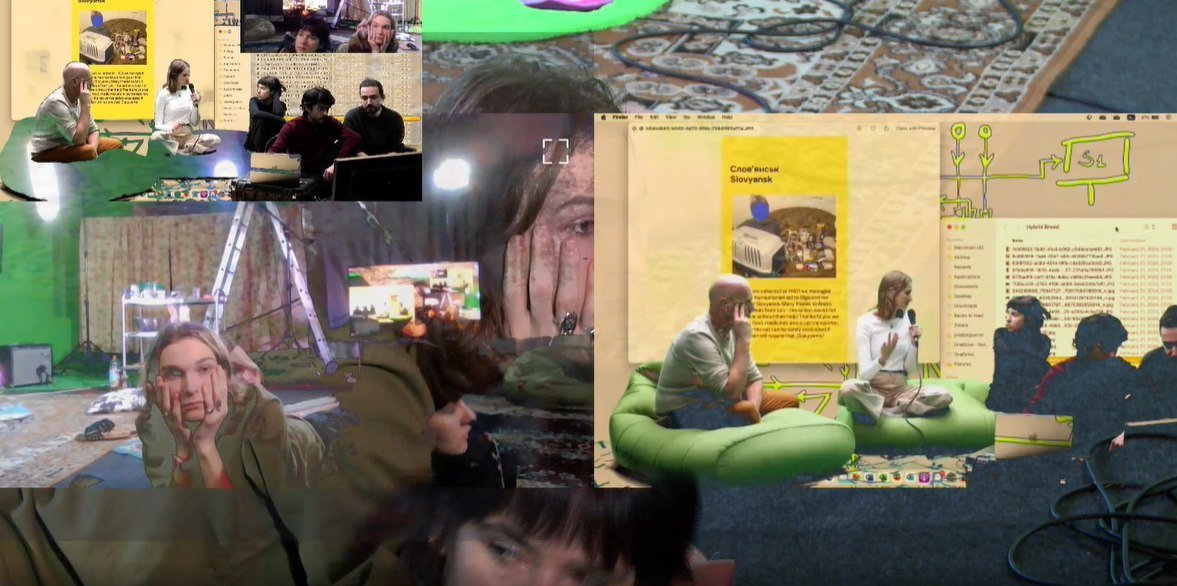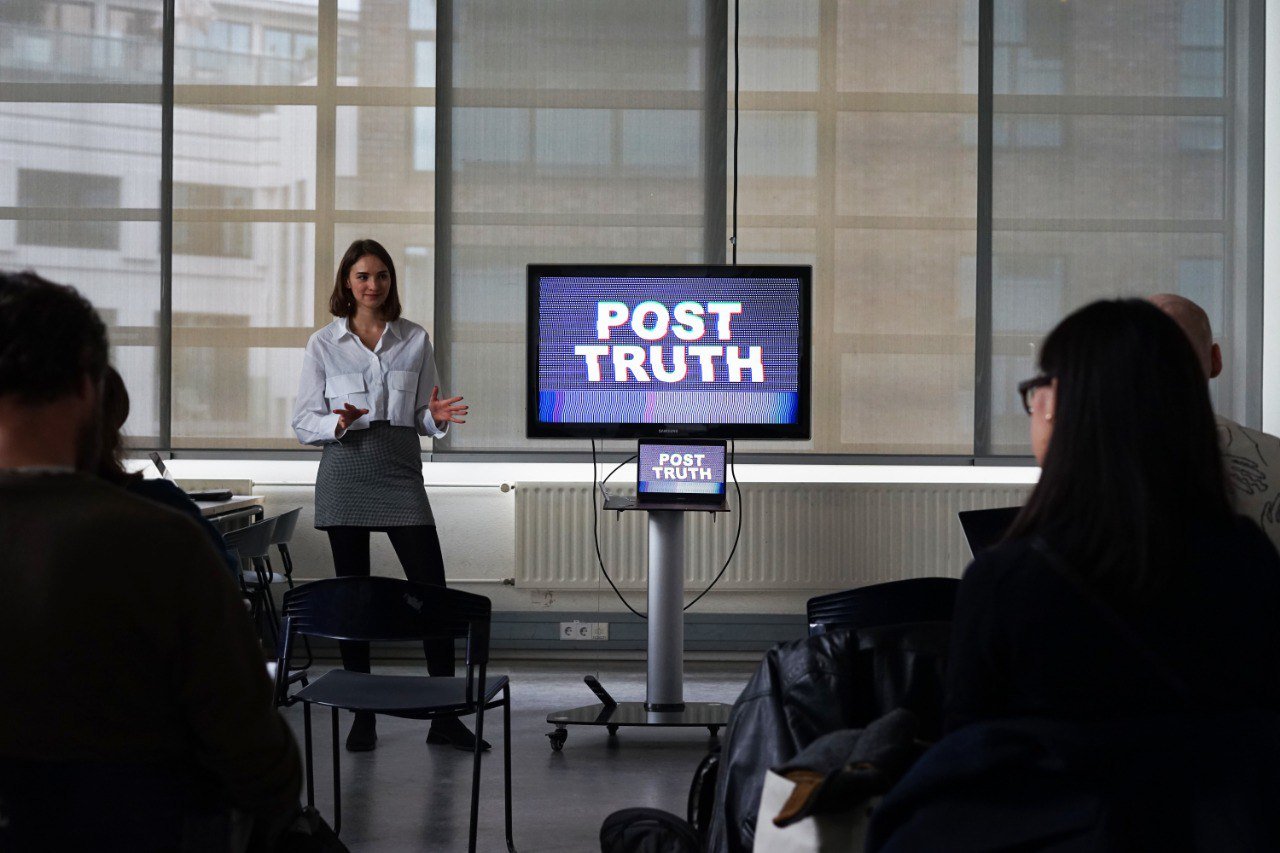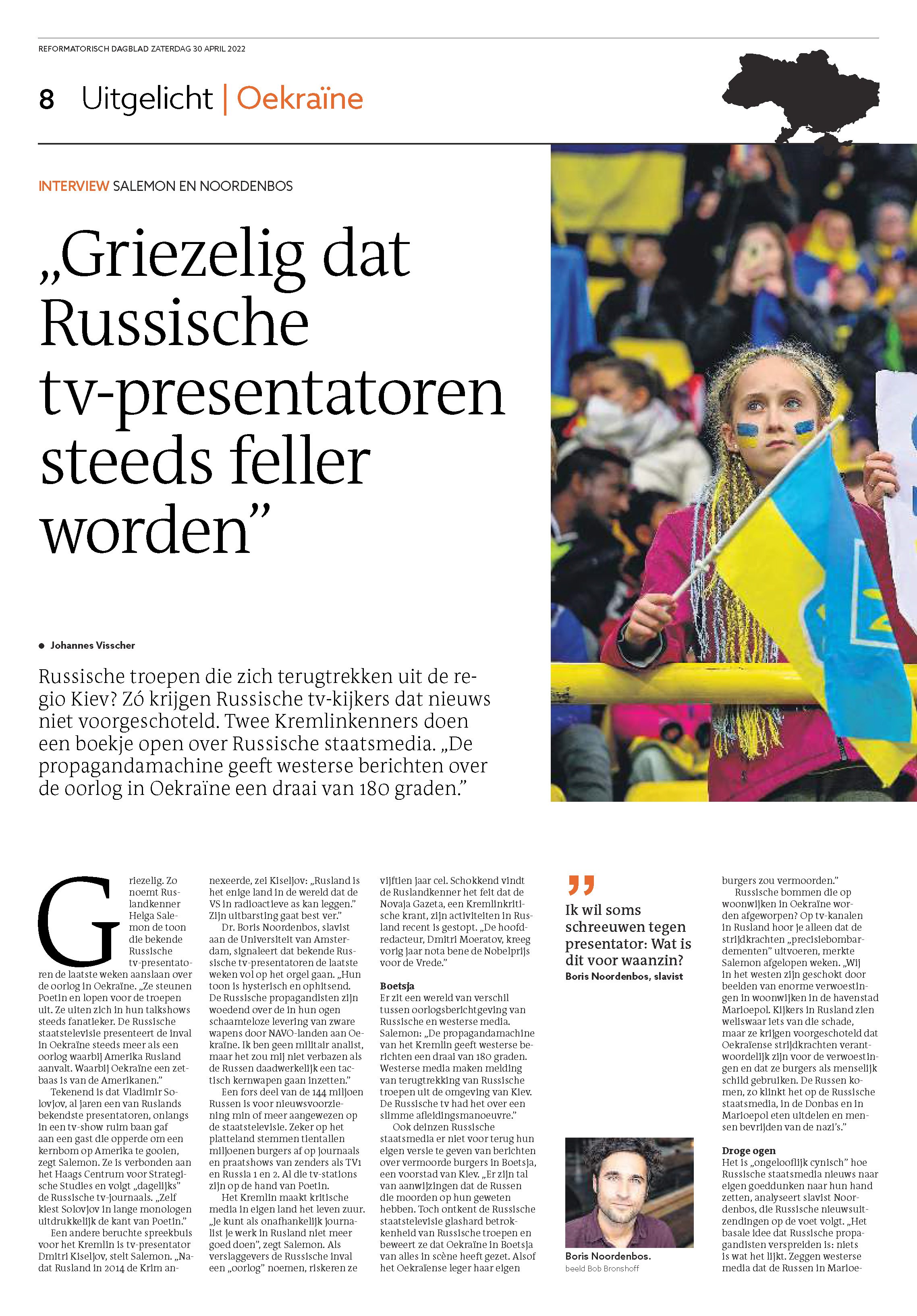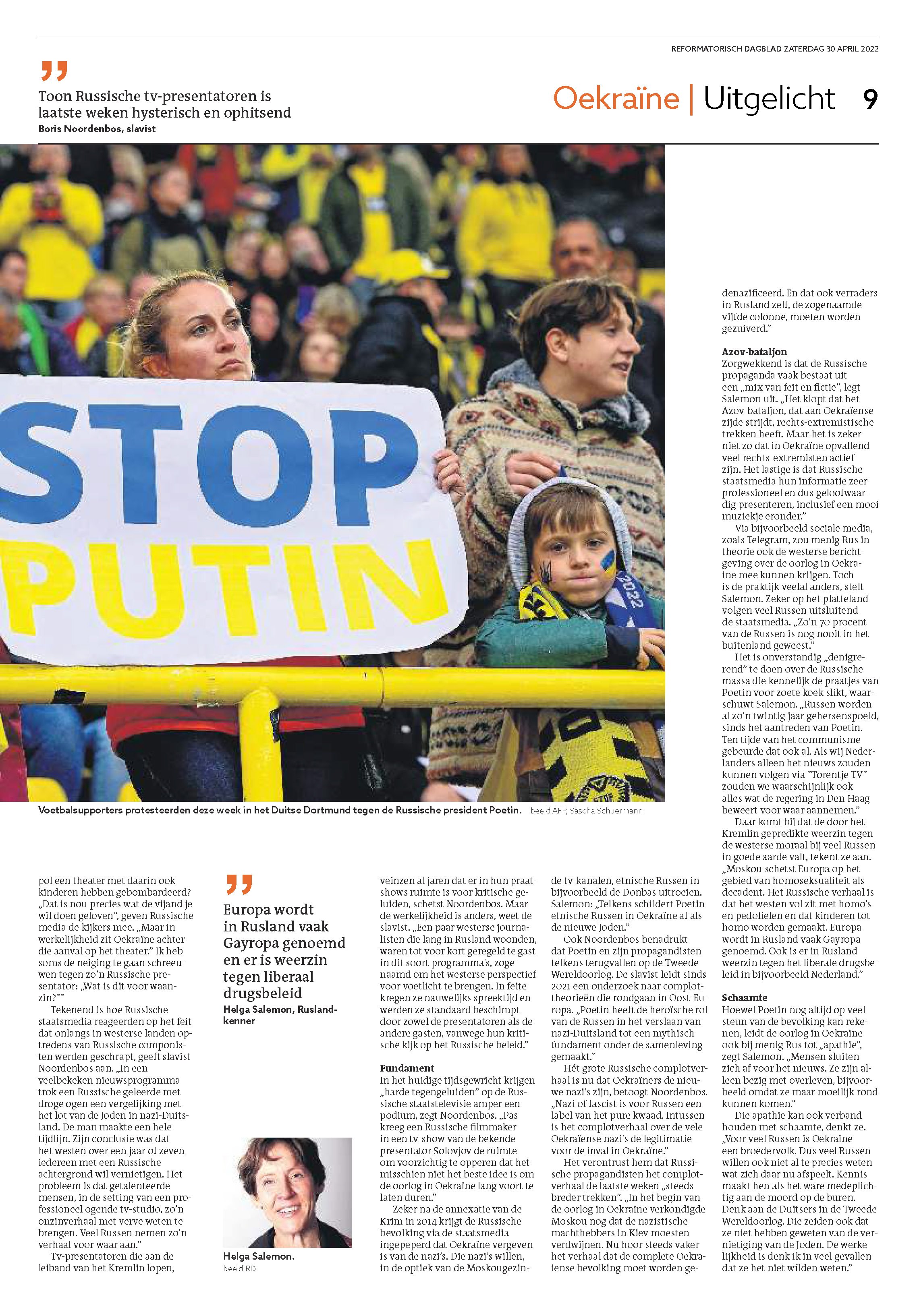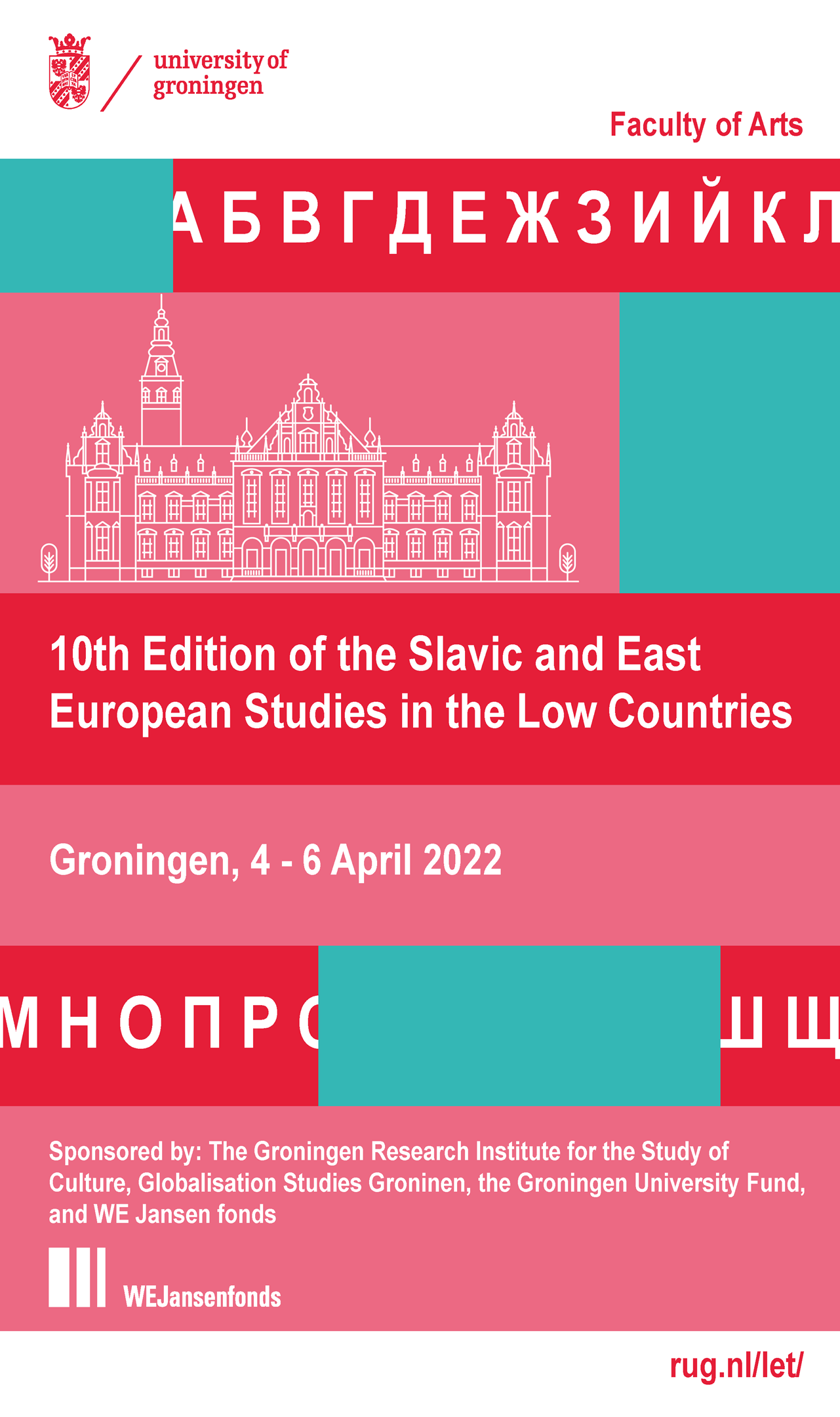25/04/2024—27/04/2024
Conspiratorial Memory team organizes a workshop in Smolenice, Slovakia
From April 25th to April 27th Conspiratorial Memory project organised a workshop dedicated to exploring the concept of conspiratorial memory. The workshop was held in a beautiful Smolenice castle, near Bratislava, Slovakia. 14 presentations took place divided by 4 thematic panels: “Global Conspiracism”, “Imperialism as Conspiracy”, “Digital Conspiracy” and “Conspiracy Theories in Politics”. Full program and list of participants of the event can be found below:
Introduction to the workshop by Boris Noordenbos & Daria Khlevnyuk
Session 1. Global Conspiracism
Chair: Maria Plichta
Doğan Gürpınar – “The Fragmentation of Turkish Politics and the Fall of the Opposition as ‘Reasonable and Moderate Center’: The New Conspiratorialism of White Supremacy and Islamism”
Vasilis Alexiadis – “Apocalypse Desired: Prophecies and Ethnoreligious Imaginations in the Greek Orthodox Church”
Nebojša Blanuša – “Croatian Postmemory of the WWII, Conspiratorial Memory of Nasty 1990s, and a Sense of the Nation's Demise as Predictors of Belief in a Super-conspiracy Theory of Global Tyranny”
Vedran Jerbić – “Inheritance of Postmodernism in the Age of Post-Truth: A New Episode in the Narrative of the Crisis of Democracy”
Session 2. Imperialism as Conspiracy
Chair: Anna Greszta
Kinga Polynczuk-Alenius – “Russian Imperialism as a Conspiracy Theory of History in Polish Journalistic Production”
Wojciech Ufel – “Anti-communism as a distinctive element of post-socialist colonisation in Poland”
Mari-Liis Madisson & Tanya Menise – “Destruction of Russian Cultural Memory as Part of the Malicious Plot: The Case of the Mankurt Conspiracy Narratives in the Baltics”
Session 3. Digital Conspiracism
Chair: Boris Noordenbos
Maria Plichta – “Conspiratorial Narratives of the Smoleńsk Catastrophe in Digital Media”
Anna Greszta – “Nazis Everywhere! Suspicion and Conspiratorial Memory in Sergei Loznitsa’s Donbass”
Mykola Makhortykh – “Can AI Memory Be Conspiratorial? Auditing How Image-Generative AI Represents the history of Ukraine”
Peter Knight & Clare Birchall – “Eternal September: The Parapolitical Past, Conspiracist Classics, and the Role of the Internet”
Session 4. Conspiracy Theories in Politics
Chair: Daria Khlevnyuk
Anastasiya Astapova – “Academic and/or a Spy? The Case of Vyacheslav Morozov
Elżbieta Drazkiewicz – “Conspiratorial clutter: national memory and accusations of conspiracies in Polish politics”
G.N. – “A Morbid Conspiracy: Interpreting the News about Alexei Navalny’s Death”
The main goal of the workshop was not only to engage with the concept of conspiratorial memory but to critically assess its applicability in different (inter-)national contexts and possible theoretical limitations. Each presentation was followed by a discussion in order to provide feedback for every participant. The final goal of the workshop is to initiate a publication of an edited volume that would incorporate all the research that was done by the participants, while also presenting a foundation for future academic engagement with the concept of conspiratorial memory. Two last sessions of the workshop were dedicated to developing the potential structure of the volume.
24/02/2024
Anna Greszta presents her research and project Collect4Ukraine in a 24-hour art stream
Anna Greszta presented her PhD research and activist project, Collect4Ukraine, in a conversation with Geert Lovink, as part of a blurred-format, 24-hour art stream marking the second year of Russian aggression against Ukraine. The stream was organized thanks to the Institute for Networked Cultures (Amsterdam University of Applied Sciences) and the UKRAiNATV project supported by the Intermedia Department of the Academy of Fine Arts in Krakow, Poland.
06/12/23
Boris Noordebos and Daria Khlevnyuk present at the “Conspiratorial Memory in Russia” conference
Boris Noordenbos is going to give the presentation “Mutated Temporalities: The Conspiratorial Memory of the Chornobyl Nuclear Disaster”, while Daria Khlevnyuk will present “Coopting conspiracy: Conspiratorial memory of the USSR’s demise in pro-Soviet and nationalist online communities in Russia”. The event is hosted by The New School (NY, USA) on the 6th of December at 6:30 pm. Register here.
01/11/23
Anna Greszta gave a lecture on post-truth in Design Academy Eindhoven
On November 1, 2023, Anna Greszta gave a lecture to master's students of information design at Design Academy Eindhoven, focusing on post-truth, remediation, and practices of disguise in Sergei Loznitsa’s film 'Donbass.'
21/10/23—22/10/23
Daria Khlevnyuk participates at Memory Forum 2023
Memory Forum is a conference dedicated to history and heritage of Soviet mass repressions.
Histories at Risk workshop with Daria Khlevnyuk as a discussion panelist
The Histores at Risk workshop focuses on Russia. The event is to happen on the 22nd of November at 15:00. You can register here.
20/10/23
Anna Greszta gave a guest lecture at the University of Amsterdam
Anna Greszta gave a guest lecture about her PhD project to Slavistics students at the University of Amsterdam in the Cultural Trajectories course led by Eric Metz.
09/10/23
Anna Greszta was a panelist during the Amsterdam Polish Film Festival
This year, the Amsterdam Polish Film Festival focused on Central European history and current events, featuring films about communist history and discussions addressing the Russian war in Ukraine. Panelists, Anna Greszta, along with directors Maryna Er Gorbach ("Klonidke") and Elwira Niewiera ("The Hamlet Syndrome"), engaged in a detailed conversation about the impact of the war on people's lives. The festival was organized by the Polish Culture NL Foundation and co-produced in partnership with the debate center De Balie.
06/10/23
Anna Greszta gave a guest lecture at University of Amsterdam
Anna Greszta gave a guest lecture on “Conspiratorial Memory in Cultural Representations of the Russo-Ukrainian War" as part of Erica van der Sijpt's course, "Anthropology of Eastern Europe," at the Department of Anthropology, University of Amsterdam.
27/09/23—29/09/23
Boris Noordenbos and Daria Khlevnyuk at the “Achievements and Perspectives of Cultural and Social Memory Research” conference in Berlin
On the 28th of September Boris Noordenbos and Daria Khlevnyuk presented their paper “Disinformation as memory work: temporalities of propaganda” at the “Achievements and Perspectives of Cultural and Social Memory Research” conference at Technische Universität Berlin.
20/09/23 — 23/09/23
Conspiratorial Memory Team at the PoSoCoMeS Conference in Tallinn
On September 20–23 a conference “Post/Socialist Memory Cultures in Transition” was held by Tallinn University. Daria Khlevnyuk was a member of the organising and program committee. One of the main focuses of the conference was on the role of memory in the Russo-Ukranian war. The Conspirational Memory team presented and discussed several projects at the conference:
Daria Khlevnyuk and Boris Noordenbos: “Temporality Reconsidered: Historical References in Russian State Media Coverage of the Russo-Ukrainian War”
Anna Greszta: ““The Russian Military Disneyland”: Conspiratorial Memory in the Cathedral of the Russian Armed Forces”
Maria Plichta: “First As a Tragedy, Then As “the Cringiest Film About an Important Subject”: Katyń, Smoleńsk, and the Transmission of Memory”
Here are the first-hand experiences of this conference from the team:
“I had a very thought-provoking time at the PoSoCoMeS conference. Not only did it bring together outstanding professionals in the field of memory studies (allowing us to reconnect with old friends and make new ones), but it also effectively incorporated a strong decolonial perspective and highlighted the ongoing Russo-Ukrainian war as a central topic of many discussions. I'm particularly grateful for the organization of the panel titled "Ukrainian Heritage at War: Vulnerability and Resilience of National Identity." Many thanks to the speakers, Kateryna Goncharova, Valentyna Kharkun, Milena Chorna, and Svitlana Shlipchenko, all of whom are affiliated with Ukrainian institutions, for their valuable contributions, knowledge sharing and presence (online and offline) during the panel” – Anna Greszta
“Apart from the many excellent panels, the conference comprised five keynote lectures. Not only was each of them exceptionally powerful in itself, they also complemented one another beautifully, showcasing the thematic breadth and relevance of contemporary Post-Socialist Memory Studies" – Boris Noordenbos
“The 2nd PoSoCoMeS Tallinn went very well, in my biased organizers' opinion. We heard some very stimulating keynotes on the state of the field in Eastern European memories. The panel presentations were thought-provoking and included reports from colleagues on innovative research. Several panels and roundtables dealt with the implications of the Russo-Ukrainian war on memory studies, both theoretically and practically (including heritage reconstruction or museum artifacts preservation in the occupied territories). Boris and I gave a talk on our joint paper about the temporal structures of Russian propaganda and the temporalities of the memory work it does. We got helpful feedback and will incorporate the comments in our future work” – Daria Khlevnyuk
“I greatly enjoyed the conference and felt both honoured and a little intimidated to present my work in such impressive company. I took lots of inspiration from the various presentations and keynotes, such as Joanna Wawrzyniak’s gripping lecture on alternative ways of understanding the memory of the 90s in post-socialist contexts. Also, I greatly enjoyed the chance to spend time in Tallinn again (encountering my favourite food delivery robots was a particular highlight)” – Maria Plichta
An interview with Boris Noordenbos published in Reformatorisch Dagblad (in Dutch)
Reformatorisch Dagblad from April 30, 2022 featured an interview with the project leader Boris Noordenbos (by Johannes Visscher) entitled “It's scary that Russian TV presenters are getting fiercer" (in Dutch). The full article is available below.
Boris Noordenbos takes part in Tactical Media Meetup #1: How to navigate the (dis)information landscape
On April 28, 2022, the project leader Boris Noordenbos took part in Tactical Media Meetup #1: How to navigate the (dis)information landscape organised by The Tactical Media Room with a talk entitled “Misinformation in context: Netherlands.” More information about the event can be found here.
The Tactical Media Room (TMR) is an initiative of Waag Futurelab and Institute for Network Cultures (HvA). It was founded in late February 2022 after the Russian invasion in Ukraine. In collaboration with hackers, artists, designers and researchers in the Netherlands, TMR aims to support independent tactical media, journalists, newsrooms and civic initiatives from Ukraine, Russia, and Belarus.
Boris Noordenbos at the panel discussion Narratieven: Oekraïne en Rusland at Spui25 (in Dutch)
On April 21, 2022, the project leader Boris Noordenbos took part in a public panel discussion on the narratives surrounding Russia’s invasion of Ukraine in the media, together with Dorine Schellens (moderator), Eva Peek and Geert Jan Hahn. A video recording of Boris’ talk can be accessed via this link (in Dutch).
Conspiratorial Memory team at the 10th Meeting of the Slavic and East European Studies in the Low Countries
On April 6, 2022, Anna Greszta, Maria Plichta and Boris Noordenbos delivered presentations at the 10th Meeting of the Slavic and East European Studies in the Low Countries (University of Groningen) in the panel Conspiratorial Memory and Post-Socialist Culture chaired by Ksenia Robbe.
War in Donbas. Cultural Imaginations and Competing Narratives | Anna Greszta
Artificial Fog and Suspicious Doppelgangers: Conspiratorial Narratives around the Smoleńsk Catastrophe | Maria Plitcha
Imperceptible Dangers: Conspiratorial Memories of “Chernobyl | Boris Noordenbos
Statement on Russia’s military aggression in Ukraine (updated)
Dear visitors of our website,
Like many of you, we of the “Conspiratorial Memory” research team, are dismayed by the unprovoked and ongoing war waged by the Russian Federation against Ukraine. We stand with the people of Ukraine in their defense of the sovereignty of their country, and with all the people in Russia and Belarus who suffer government prosecution due to their opposition to this senseless war.
We have been emotionally invested in these recent events, seeing how colleagues, friends and family members in Ukraine, Russia and Belarus were affected —in different ways and to different degrees — by military violence and political repression.
We are also intellectually invested. We firmly believe that this new wave of military and political aggression asks for a deeper understanding of the role of (popular, state-backed, digital) culture in shaping the historical and conspiratorial imaginations that – in part – made this war possible. It is out of this commitment that we are currently redefining the focus and stakes of our project. These reconsiderations will be reflected on our website soon.
Boris Noordenbos, Anna Greszta, Maria Plichta and Ilya Malafei
Vacant Postdoc researcher position
The Amsterdam School for Cultural Analysis (ASCA) currently has a vacant Postdoc researcher position as part of the ERC-funded research project Conspiratorial Memory: Cultures of Suspicion in Post-Socialist Europe, led by main researcher dr. Boris Noordenbos. For more information and the application procedure follow this link.
Please note:
This job advertisement was written in the week of 14 February 2022. While online discourses of memory and conspiracy will remain central to Postdoc’s research, the exact focal points of this subproject will be reconsidered in light of Russia’s recent military invasion into Ukraine and its accompanying effects. The successful candidate will be actively involved in this process of revision, together with the rest of the Conspiratorial Memory team.
The deadline for applying for this vacancy is 4 April 2022. The interviews will be held over Zoom on 14 April 2022.


